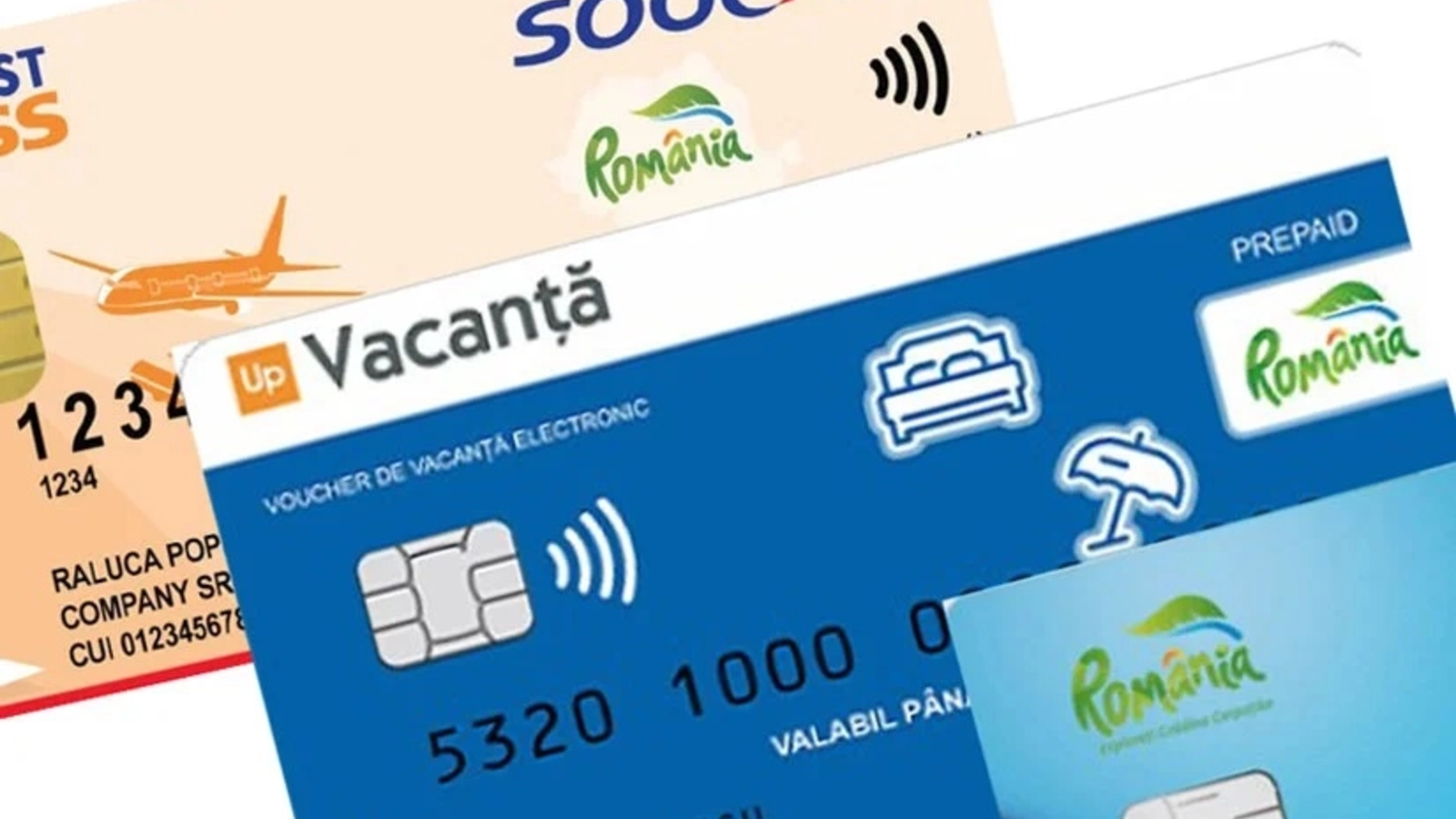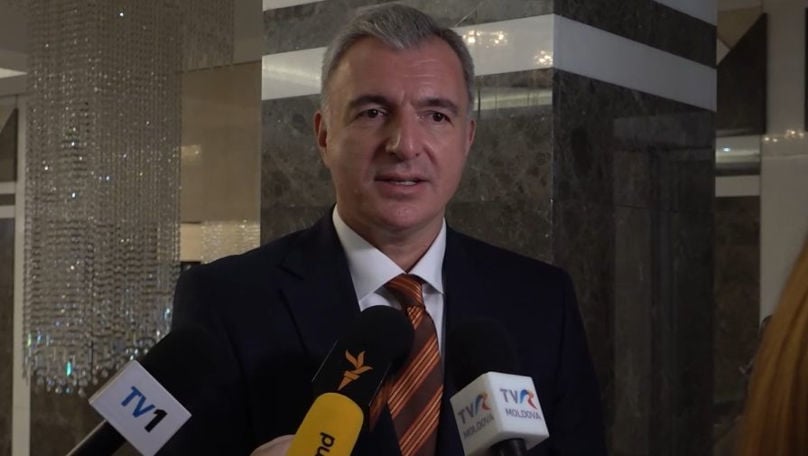For certain business segments, holiday vouchers represent an important source of income and seaside, spa and mountain tourist facilities will be affected by the cut in state allocations for these vouchers, honorary president of the Romanian Hotel Industry Federation (FIHR) Calin Ile told AGERPRES on Thursday.
However, the representative of the hospitality industry believes that the tourism market will not shrink in 2025 in terms of the number of overnight stays, as the inflow of foreign tourists to Romania is expected to increase.
"We don't believe that the market will decrease as far as the number of overnight stays is concerned, because on the one hand, the population will offset these losses, and on the other hand, the number of foreign tourists will rise because Romania is becoming increasingly attractive and we see the messages and promotion we've had in the last part of the year on CNN, Vogue Travel and other publications, plus that the Schengen barrier is being lifted, which also eases the access of foreigners to Romania, not just foreign travel for Romanians," he said.
In his opinion, overall, the 2025 figures will be in line with those of 2024, but with some variations depending on the region.
"Transylvania will grow, as it is closer to the border with Western Europe, whereas seaside occupancy will dip, unfortunately, because it heavily relies on local, domestic demand; the same goes for certain resorts. Demand will go up in the cities that have done a correct promotion and therefore, our call is for the losses caused by vouchers to be compensated through more aggressive and more sustained promotion of all destinations that have something to offer from a tourist point of view," Ile specified.
Asked if the number of Romanians booking holidays abroad is likely to increase, as many are no longer conditioned by the holiday vouchers, the FIHR honorary president replied: "Last year Romanians also went abroad, they spent about 9 billion euros abroad. On the one hand, of course they will no longer be bound to vacation in Romania, but on the other hand, the decrease in the Romanians' purchasing power which we expect to happen due to tax changes will also affect the power of those who used to travel abroad. Many will not be able to afford the costs of a foreign holiday, which, whatever we say, is more expensive than one in Romania if we know how to choose it in advance and with discernment."
Calin Ile anticipates a possible price reduction if demand goes down, with "some pressure" expected on the seaside and in the Danube Delta.
"Any change in the market supply/demand ratio translates into the prices. If there is a decrease in demand, prices will decrease. If demand is concentrated on a certain period, during that period we will encounter high prices. Yes, in certain areas prices will probably decrease because, as I told you, vouchers accounted for much of that demand, but in other areas, especially in cities and in 4-5 star hotels, their impact is marginal, so there won't be pressure on prices there. But, I repeat, I think that the seaside and the Danube Delta will experience some pressure, I believe there will also be some pressure on prices. In the spa segment they are not dependent on holiday vouchers alone, they also depend on allocations from the pension budget and social insurance and there, depending on the region, there will be pressure on prices, because they depend on vouchers too. We hope that the Romanians will take them anyway, despite the allocated amount being cut to half, and that they will contribute the difference, because in any case it is worth having the state cover approximately 200 euros for you to go on vacation, while you to put in the remaining 200 from your own pocket," he argued.
Regarding the trends of the tourism market in 2025, Calin Ile believes that this will very much depend on the evolution of the global business environment.
"Let us not forget that we are a consequential industry which fares well when there is a sentiment of confidence and when the economy is doing well. As a result, there are risks we are also aware of, but, I repeat, we have an extremely large margin to attract foreigners to Romania, because we are at about 2.4 million foreign tourists compared to Bulgaria, which has over 10 million. Recently, Albania topped the 10-million line, Hungary exceeds 10 million, so we see no reason why Romania should not grow by 500 - 600 thousand foreign tourists this year. Wiser investments have also been recently made at the seaside, and I consider that the market will compel the operators there to improve their services, otherwise they will lose the fight. The seaside accounts for just 20-25% of the number of overnight stays in Romania, so we cannot generalize. Across the entire country, the quality of services - in our opinion and according to customer reviews - matches that in Central and Eastern Europe, so we are not inferior in terms of quality, and as far as global prices are concerned, we are cheaper than the countries around us, except for Bulgaria. So, we have room for improvement. We recommend that we perform better, indeed. Service quality must increase so that we can also rise our fees," he explained.
The Romanian Hotel Industry Federation organized on Thursday the conference "Transforming the hotel industry: increasing competitiveness in the new strategic context of tourism", marking 35 years of activity of the organization.
Attending the event, noteworthy professionals from Romania and other countries presented their opinions on local and European changes and regulations, strategic directions for tourism across Europe, local public policies the tourism sector needs, but also investment trends.
































Comentează